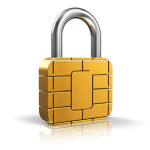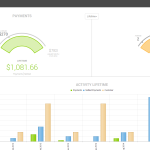
Protecting Against Card Testing


The MATCH List Let’s get the acronym out of the way: MATCH stands for Member Alert to Control High-Risk. It was created and is managed by MasterCard as a means of compiling information on businesses, and their owners, whose credit card processing privileges have been terminated. This database is then used by acquiring banks to […]



Address Verification is a very important step in any card-not-present sale. Whenever you accept a card without physically seeing the card, you inherently run a much higher risk of accepting a fraudulent card. As a merchant, you want to do everything in your power to reduce that risk. There are no guarantees, but using the […]

EMV, otherwise known as Chip Cards, are the new payment technology adopted by the card associations. You’ll also hear it called “Chip and Pin” or “Chip and Signature” – but not matter the moniker, it’s important that all in-person merchants accept EMV transactions.


Time is of the essence – be sure to void/refund all impacted sales, and enable all fraud filters in Authorize.net.

